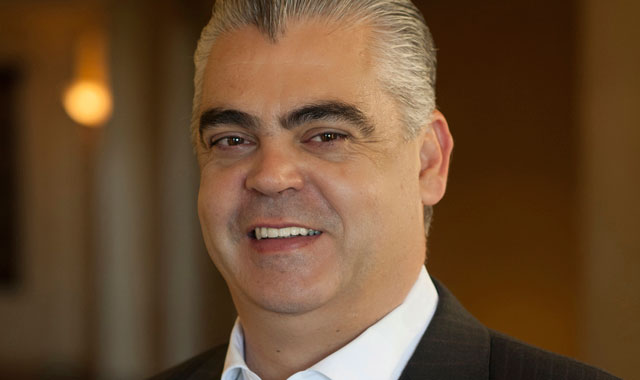
Although Cell C supports government’s idea of a national wholesale open-access network (Woan), communications regulator Icasa should not wait any longer to allocate spectrum in the 2,6GHz band.
That’s the view of the mobile operator’s CEO, Jose Dos Santos, who said in a podcast interview with TechCentral on Friday that the regulator should go ahead with licensing spectrum in the band, which is well suited to providing 4G/LTE services in urban areas.
The national integrated ICT policy white paper, published last year by the department of telecommunications & postal services, has controversially proposed that all future “high-demand” spectrum assignments — presumably including the 2,6GHz band — be reserved for the national wholesale network.
But Dos Santos said the industry can’t wait, and the band should be made available to the five incumbent operators — Vodacom, MTN, Cell C, Telkom and Wireless Business Solutions — on an equal basis.
Sufficient spectrum should be allocated to the Woan, but only in the digital dividend bands below 1GHz, Dos Santos said in the podcast. These bands are currently used by analogue broadcasters, including the SABC.
As for 2,6GHz, Dos Santos said Icasa mustn’t auction off the band, but rather provide it free of charge to licensed operators. “Here’s your spectrum, off you go. If you want to put a token price of a couple of million rand [on it], then fantastic, go ahead, but don’t go and set a price point so other people can’t participate. If other organisations, like [Irene Charnley’s] Smile [Communications], want to participate, then divvy it up by six. Let them participate as well.”
Mobile operators, including Cell C, have sent a proposal, drawn up by Deloitte, to telecoms minister Siyabonga Cwele that government adopt a “hybrid” approach to the Woan, instead of the spectrum monopoly proposed in the white paper. In terms of this proposal, the operators will still get access to new exclusive-use spectrum, while the Woan is given “sufficient” spectrum to allow it to compete effectively. The operators have also committed to buying 30% of the Woan’s capacity to ensure its feasibility. It’s not clear if government will accept the proposal.
Dos Santos said allocating all future high-demand spectrum to the Woan is a bad idea. “If you put all your eggs into that one basket, absolutely [it is a bad idea]. That is why the document we signed, certainly the one I signed, says that ‘sufficient’ spectrum — the original draft said ‘all of the spectrum’ — and we engaged with the ministry and the department and we said this is not up for discussion… There’s very constructive dialogue taking place between the incumbents and the ministry to adjust the white paper. If the white paper had to be implemented as it stands today, I’d have a fundamental problem with that. But in my engagement with the ministry, they are open … to find a solution…” — © 2017 NewsCentral Media
- Listen to the full interview with Jose Dos Santos




